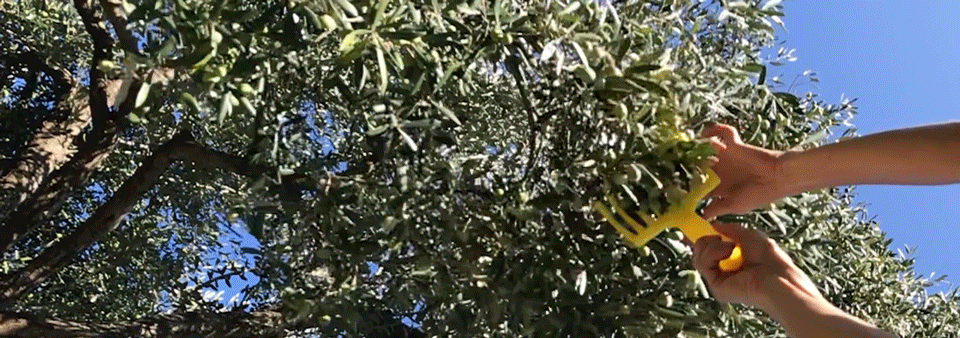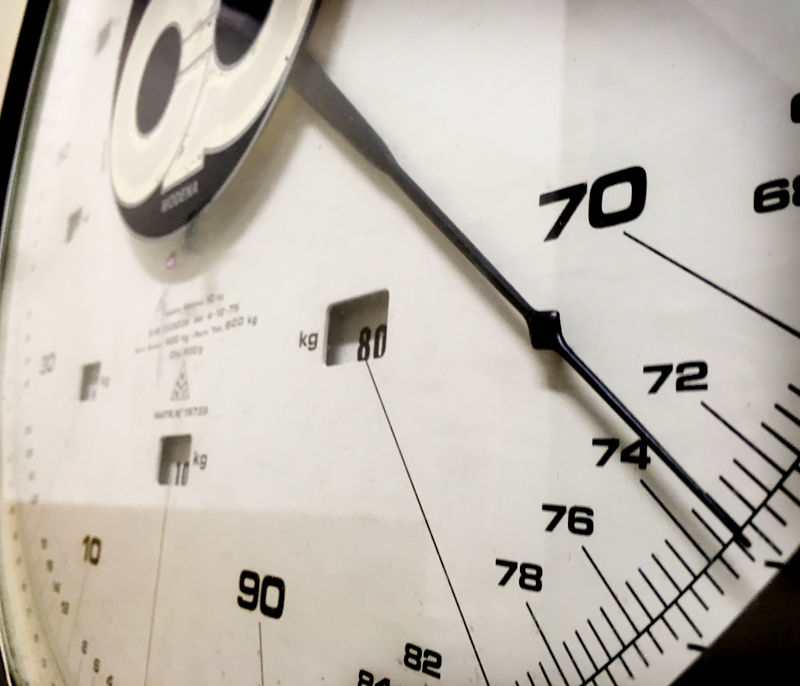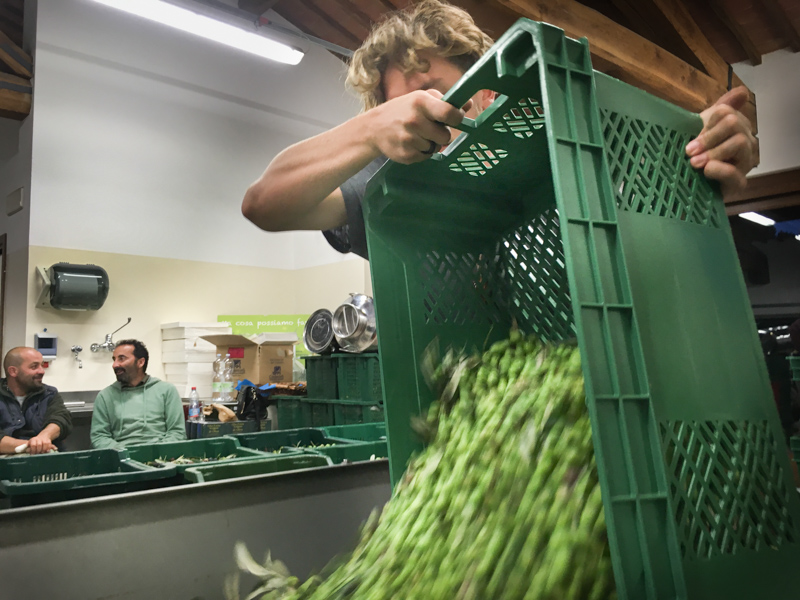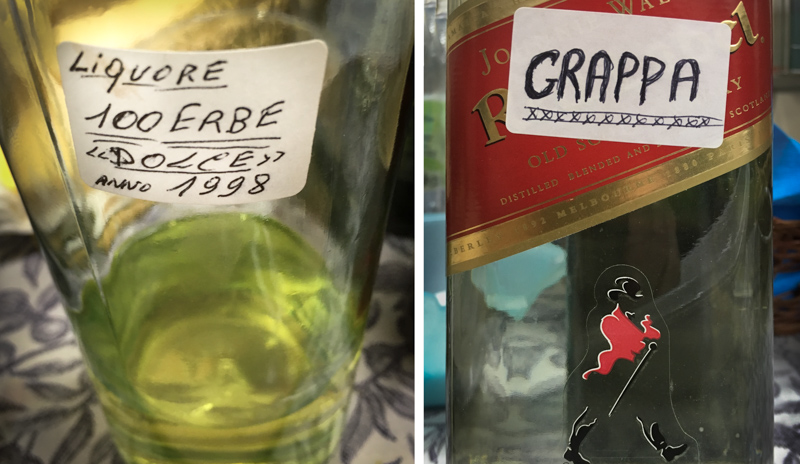
Raining olives
We just pressed the olive oil from our trees. The days of picking are all-consuming: spreading nets under the trees, raking the olives off the branches by hand with small plastic rakes, pouring the olives caught by the nets into plastic crates, and moving the crates to safe storage until the olive oil can be pressed, which should happen no longer than 48 hours from picking. Thankfully, this year we had help, two Americans, a friend and her 19-year old son, coming to Italy for the first time.
The culmination of all of this work is going to the olive oil press, or “frantoio”.
 The crates of olives are unloaded and weighed with great import, carefully watched by the others in line for the press. It’s a competitive “I have more olives than you” moment. We do respectably well, olives weighing in at over 500 kilos (over half a ton), in 25 crates. But soon we are put in our place by three very scruffy 40-something guys who came in after us, unloading about 75 crates. “Smug devils,” I think to myself. We eye them. They eye us. No smiles.
The crates of olives are unloaded and weighed with great import, carefully watched by the others in line for the press. It’s a competitive “I have more olives than you” moment. We do respectably well, olives weighing in at over 500 kilos (over half a ton), in 25 crates. But soon we are put in our place by three very scruffy 40-something guys who came in after us, unloading about 75 crates. “Smug devils,” I think to myself. We eye them. They eye us. No smiles.
We settle in for a long wait. Turns out everybody showed up with twice the amount of olives they’d predicted, slowing down the process from an hour or so to about five. No English is spoken here, so my friends amuse themselves by watching the scene and playing with the various dogs on hand for the press. The guy who runs the press runs around in his black tracksuit, overseeing all.
He decides that our friends’ lack of Italian, and John and my limited understanding, does not hinder communication in the slightest when it comes to the important topics of life. He pulls us over to look at the olives unloaded by the three guys. “Idiota!,” he tells them, encouraging John and our 19-year old visitor to chime in with their opinion of the three. Turns out they had used mechanized rakes, getting a great yield, but bruising the olives in the process, and mixing in a lot more twigs and leaves than is desired. The guys didn’t blink, complimenting our smaller yield on the lack of leaves, twigs, and bruises. All are laughing and chatting away now. These guys remind me that Tuscan men seem to have a lot more fun than men in other countries.
The woman of the mill shows up with plates of freshly baked cookies, crackers, and bread, drizzled with just-pressed oil and salt, which she enthusiastically passes. Mr. Mill decides it’s time to get out the wine just as we are starting to pour our boxes of olives into the press, which is the last chance to pick out sticks, leaves, and any olives that don’t look worthy. We are all trying to do final quality control, leaning over the large open funnel leading to the grinder, while balancing our never-empty plastic cups of wine and a constantly replenished supply of bread with olive oil, crackers, and cookies that the owners watch carefully that we finish.

Our new press buddies in the background.
Finally the oil comes streaming out. It is a record harvest for us—more than 100 liters when we are finished with all the trees. Dark green and very peppery.
And to celebrate the owners decide that it is time to bring out the special grappa.







No Comments